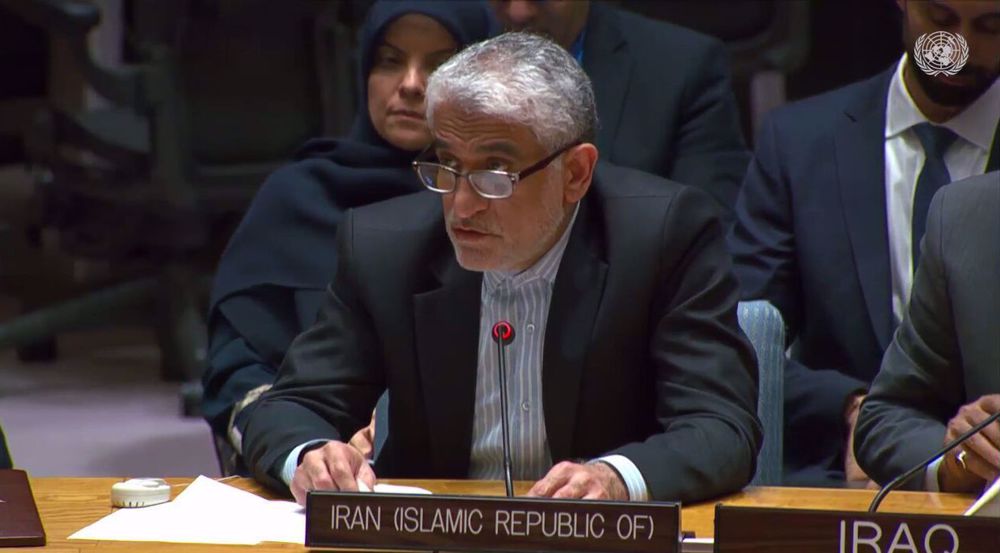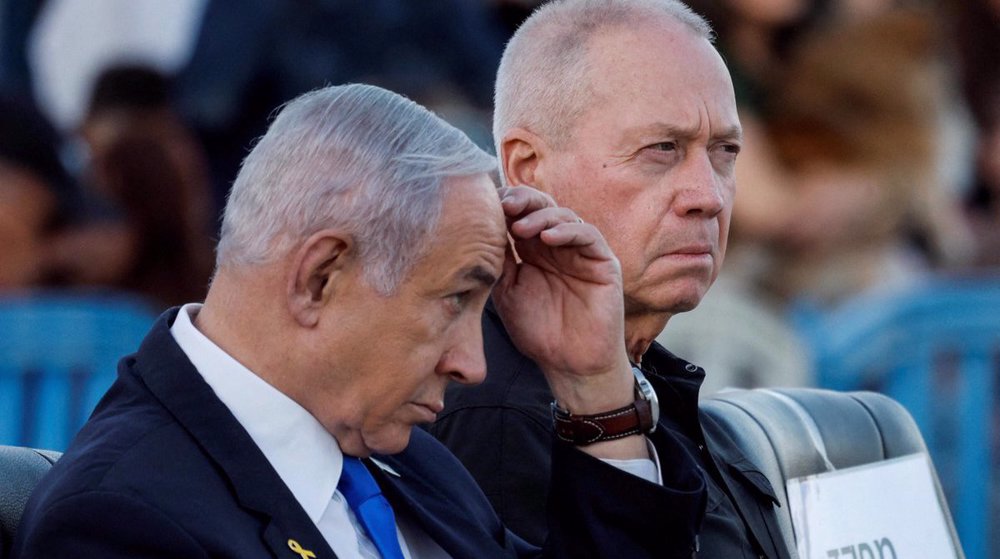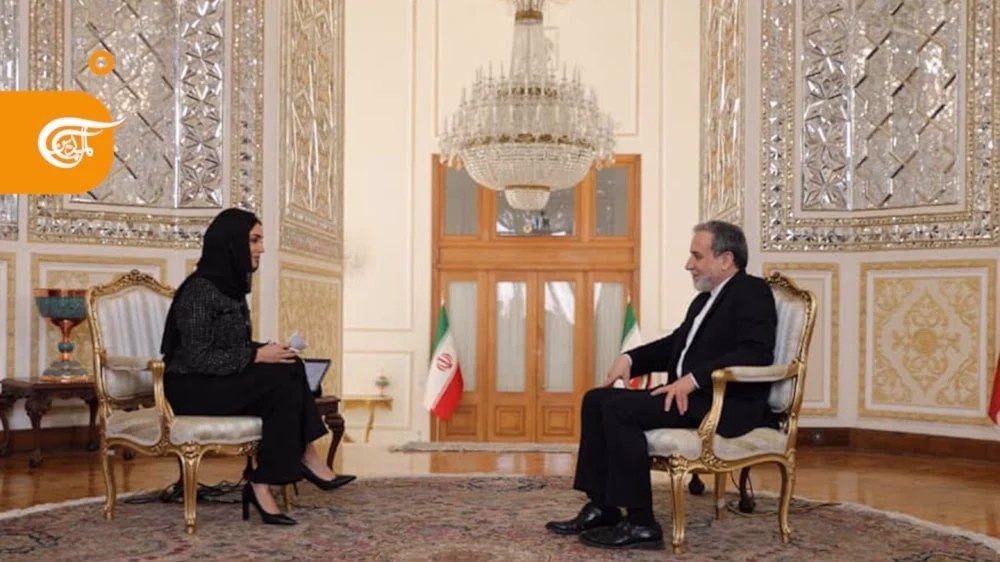Iran must boost defense capabilities: Ayatollah Khamenei
Leader of the Islamic Revolution Ayatollah Seyyed Ali Khamenei has stressed the strengthening of Iran’s defense capabilities in the face of enemy threats.
Ayatollah Khamenei made the remarks in a meeting with eulogists on the occasion of the birth anniversary of Prophet Muhammad’s daughter Hazrat Fatemeh Zahra (PBUH) on Wednesday.
Ayatollah Khamenei noted that Iran needs to have boosted its defensive military capabilities in order to strengthen its position in potential negotiations.
“If the Islamic establishment seeks technology and negotiations but does not have defensive power, it will have to back down in the face of any petty country that threatens [it],” the Leader said.
“That they say the future of the world is one of negotiation and not one of missiles... if that is said out of ignorance, well it is ignorance, but if it’s said knowingly, it is treason,” Ayatollah Khamenei said.
“The Islamic Republic must use all tools,” the Leader said, adding, “I am not opposed to political dialog, not with everyone of course. I am fine with political dialog on the level of global issues. These are times of both missiles and negotiations.”
Ayatollah Khamenei emphasized, however, that negotiations must also be conducted with strength and Iran’s negotiating skills must also be boosted.
“Negotiations should be carried out in such a way that we do not get cheated,” the Leader said, adding, “That we negotiate, put things on paper, but sanctions don’t get removed, and trade doesn’t get going is a sign that something is wrong.”
Ayatollah Khamenei’s remarks come as the United States and some of their European allies are seeking a meeting at the United Nations Security Council (UNSC) on Iran’s recent missile tests, which they claim were carried out in defiance of a UNSC resolution.
In a letter to UN Secretary General Ban Ki-moon and Spain’s UN Ambassador Roman Oyarzun Marchesi, the US, Britain, France, and Germany have reportedly called for discussions on an “appropriate response” by the UNSC to Iran’s missile tests.
In their joint letter, the four countries claimed that the missiles used in Iran’s recent tests were “inherently capable of delivering nuclear weapons” and were “inconsistent with” and “in defiance of” UNSC Resolution 2231 adopted last July to endorse a nuclear agreement between Iran and the P5+1 group of countries.
Resolution 2231, which endorses the Joint Comprehensive Plan of Action (JCPOA) — the Iran-P5+1 agreement — provides for the termination of the provisions of previous Security Council resolutions over the Iranian nuclear program.
On March 9, Iran’s Islamic Revolution Guards Corps (IRGC) successfully test-fired two ballistic missiles as part of measures to assess IRGC capabilities. The missiles, dubbed Qadr-H and Qadr-F, were fired during large-scale drills code-named Eqtedar-e-Velayat. Iran fired another ballistic missile dubbed Qiam from silo-based launchers in different locations across the country on March 8.
Iran argues its missiles are defensive and designed to carry conventional explosives only. The US, Britain, France, and Germany were, along with China and Russia, members of the P5+1, which reached the nuclear deal with Iran after some 22 months of negotiations. Iran and the six other countries started implementing the deal on January 16.
Diplomat discourages recourse to pressure, intimidation, confrontation against Iran
UN: 2024 deadliest year for aid workers amid genocide in Gaza
Gaza health official warns of hospital shutdowns within 48 hours
Israel kills 5 more paramedics in southern Lebanon: Health ministry
Iran to launch ‘new, advanced’ centrifuges in response to IAEA resolution: AEOI
Yemen fires hypersonic missile at Israeli airbase
VIDEO | New Delhi chokes under toxic smog as air quality remains at hazardous levels
VIDEO | Press TV's news headlines










 This makes it easy to access the Press TV website
This makes it easy to access the Press TV website